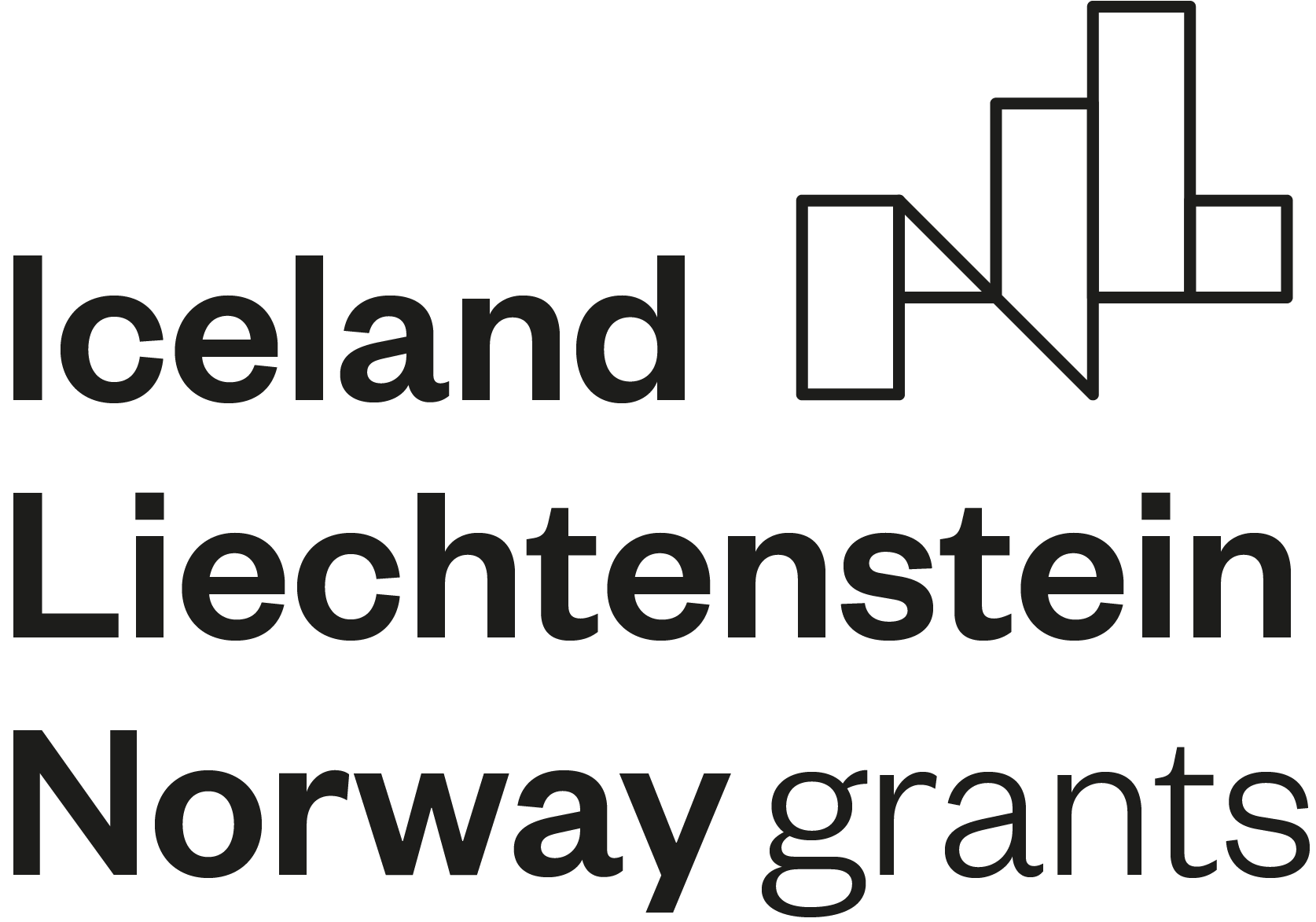
The economic integration of the Nordic-Baltic region through labor, innovation, investments and trade – LIFT
General information
Since the 1990s, the Nordic-Baltic region integration has gradually deepened, receiving a new push through the EU expansion in 2004, which gave the Baltic citizens access to the labour markets of Sweden (in 2004), Finland and Iceland (in 2006), Denmark and Norway (in 2009). While many theories help to understand the nature and the potential of the regional integration processes, such as the Nordic-Baltic one, empirical evidences are still incomplete and sometimes inconclusive. The aim of the project is to study the historical performance and estimate the potential for the economic integration of the Nordic-Baltic region via labour migration, technology transfer, foreign direct investments and capital mobility, trade of both physical goods and services. The study will look both into the hitherto effect of the regional integration, the challenges caused by that and the lessons for the future policy. The interdisciplinary consortium including members from economics, international business and sociology along with the triangulation of quantitative and qualitative research methods enables a multifaceted study of the economic and social processes related to integration of the Nordic-Baltic region. The use of detailed microdata on the population of employees and employers like matched employer-employee datasets could ambitiously help to estimate the impacts of integration at high level of granularity. The study will look in particular at the effects of various policy changes affecting regional integration like EU Eastern Enlargement in 2004, changes in laws affecting companies and individuals and changes in market access. This newly gained knowledge about the economic relations within the Baltic-Nordic region will be used to increase the awareness of the potential of business and political cooperation between the Nordic and the Baltic countries. The involvement of the industry and public stakeholders in the dissemination process will ensure the outreach to the policy.
The acronym LIFT reflects our main hypotheses: the integration in the Nordic-Baltic Region has lifted the local economies and contributed to a more efficient Tresource allocation. The LIFT project consists of four closely linked work packages (WP) with the 1st letters of their titles forming the acronym: labour, innovation, FDI, trade. Each of the WP’s focuses on a particular aspect of integration.
LIFT project is financed by EEA and Norway Grants programme 2014-2021

The Programme Operator of the programme is the Ministry of Social Affairs of Republic of Estonia in close cooperation with the Ministry of Education and Research, the Ministry of Justice, and the Ministry of Culture. The Implementing Agency of the Programme is the Shared State Service Centre.
The Donor Programme Partners are the Norwegian Public Health Institute, the Norwegian Directorate of Health and the Norwegian Directorate of Cultural Heritage.
Duration of the project: 01.01.2021 – 31.12.2023
The project code: LT08-1-ŠMSM-K01-008 (contract with the Research Council of Lithuania No is S-BMT-21-7 (LT08-2-LMT-K-01-070)).
For more information about the programme use the link: www.eeagrants.org


